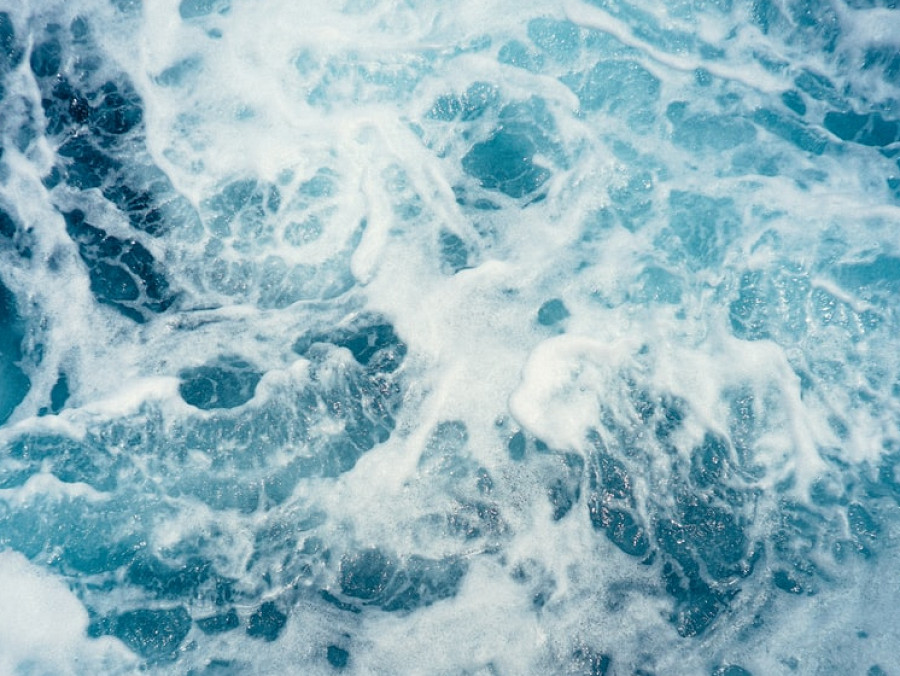Artificial ocean upwelling - An economic evaluation
08.07.2021

(8.7.2021) Project TestArtUp approved
Climate change and overfishing are serious problems of our time. Global warming intensifies the thermal stratification of the oceans, with the consequence that the supply of the light-flooded surface layer with nutrient-rich deep water decreases and with it, the productivity of the oceans.
Artificial upwelling, the forced transport of nutrient-rich deep water into the surface layer, can not only partially offset this trend, but also increase the uptake of carbon dioxide from the atmosphere and at the same time boost fish production. The project TestArtUp will investigate the role of artificial ocean upwelling as a means of CO2 removal. The Center for Ocean and Society is taking on a sub-project that examines regional trade-offs in fishing, ecosystem services and CO2 uptake from an economic perspective and evaluates the advantages of artificial buoyancy resulting from atmospheric CO2 removal and marine nutrient supply. These benefits are viewed in the context of climate policy, regional fisheries management and sustainable development. The project starts on August 1st 2021.